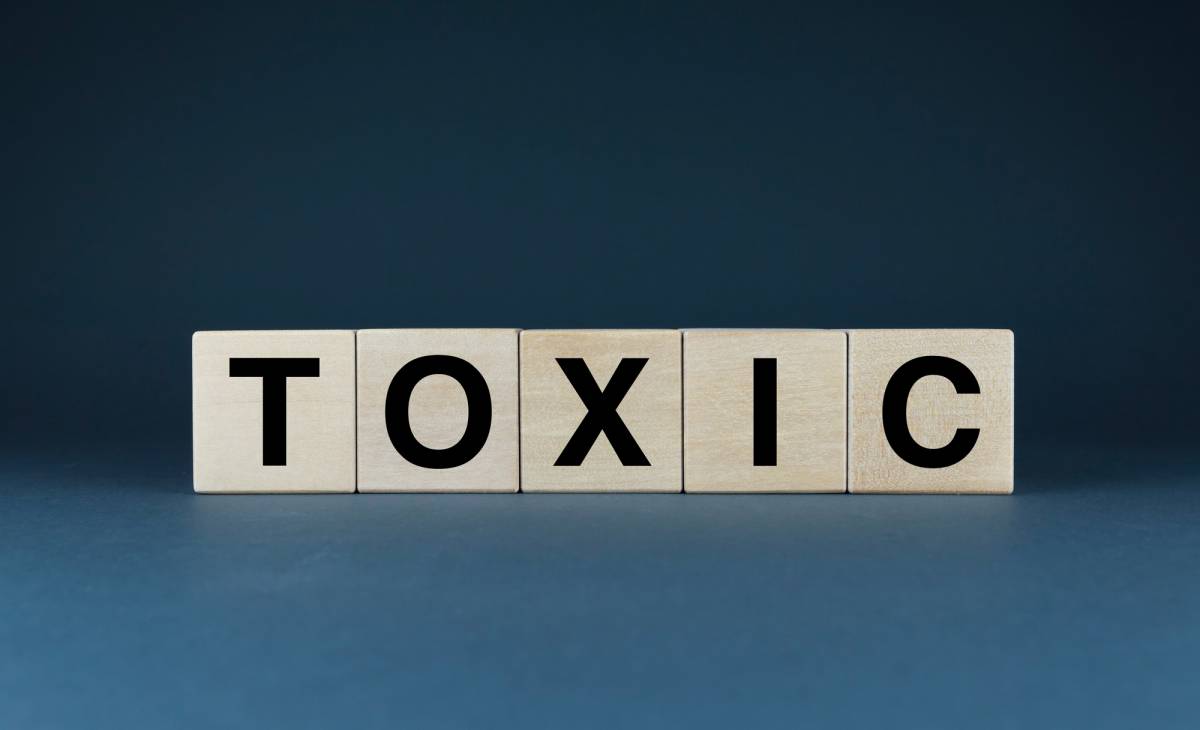EU backtracks on pledge to ban toxic chemicals in consumer products
A day after leaked documents raised concerns about the European Union's commitment to banning toxic chemicals in consumer products, the European Commission published its 2024 work programme, confirming the absence of several key legislative proposals, including the ban on toxic chemicals, a ban on the export of outlawed chemicals, and measures to address caged farming and to create sustainable food systems.
Of particular concern is the omission of the long-awaited reform of the chemical regulation REACH. Initially planned for 2022 and already delayed until the end of 2023, the revision now appears to be further postponed, with no concrete timeline provided.
The absence of the REACH regulation revision raises concerns about the pace of progress in identifying and restricting toxic chemicals in consumer products. Critics argue that it would take over a decade for the EU and national authorities to identify hazardous substances and an additional 10 years to implement restrictions. Furthermore, postponing the necessary reforms will create legal uncertainty for businesses in the sector. The absence of this proposal from the commission's work programme raises questions about whether it will be abandoned or postponed indefinitely.
The move has sparked outrage among environmental campaigners and led to accusations that the commission is prioritizing industry interests over human health and the environment. Tatiana Santos, the head of chemicals policy at the European Environmental Bureau (EEB), accused the commission of betraying its promises and turning a blind eye to chemical pollution. She referred to the European Green Deal as the "European Toxic Deal," emphasizing the potential harm caused by the failure to address chemical pollution effectively.
While the European Commission maintains that work on the REACH regulation is ongoing, the complexity of the file suggests that its amendment may need to be addressed in the next mandate.
The delay in reforms has implications for businesses operating in the sector, further emphasizing the importance of finding a resolution that ensures both the well-being of citizens and the competitiveness of the industry.
Sources:






















